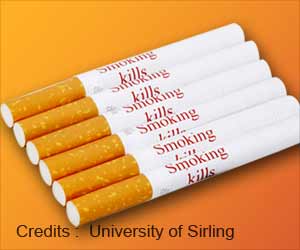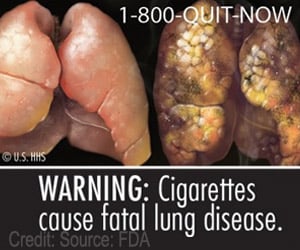A new study has confirmed that appetite-regulating peptides leptin and ghrelin influence alcohol cravings for some alcoholics.
A new study has confirmed that appetite-regulating peptides leptin and ghrelin influence alcohol cravings for some alcoholics.
Craving, a powerful urge to drink, is an important contributor to the development and maintenance of alcoholism.Professor Otto Lesch of the University of Vienna has divided patients of alcohol dependence into four groups— Type 1 that refers to people with heavy alcohol withdrawals who tend to use alcohol to weaken withdrawal symptoms, Type 2 patients use alcohol as self-medication because of its anxiolytic effects, Type 3 which is an affective disorder as origin for alcohol abuse, and Type 4 patients pre-morbid cerebral defects, behavioral disorders and a high social burden.
The study showed a positive association between leptin and craving among patients of Lesch’s Type 1 and 2, and between leptin and craving among patients consuming beer or wine.
It also revealed a negative trend between ghrelin and craving among patients of Lesch’s Type 1.
"We chose to examine leptin and ghrelin because both peptides are of high importance in appetite regulation and both have already been subject to former investigations," said Thomas Hillemacher, Assistant Professor in the Department of Psychiatry and Psychotherapy at the University Hospital of Erlangen, Germany.
"However, these former investigations have shown contradictory results which may have been due to their use of samples of alcoholics without specifying subgroups. This raised the idea of investigating these peptides in specific subtypes of alcohol dependence." he added.
Advertisement
After measuring craving through the Obsessive Compulsive Drinking Scale, the study authors classified patients in accordance with Lesch’s typology of alcohol dependence, as well as their preferred type of alcoholic beverage.
Advertisement
The researchers also stressed the need for the identification of subgroups of alcoholics for future studies as well as clinical applications.
"Our findings show that there exist important differences between alcohol-dependent patients, not only regarding psychosocial but also regarding neurobiological influences," said Hillemacher.
"To explain addiction, we need mechanisms of different types of craving. Addiction is not caused by the drug, but is caused by biological and psychological vulnerabilities leading to different types of craving," added Lesch.
Source-ANI
SRM











